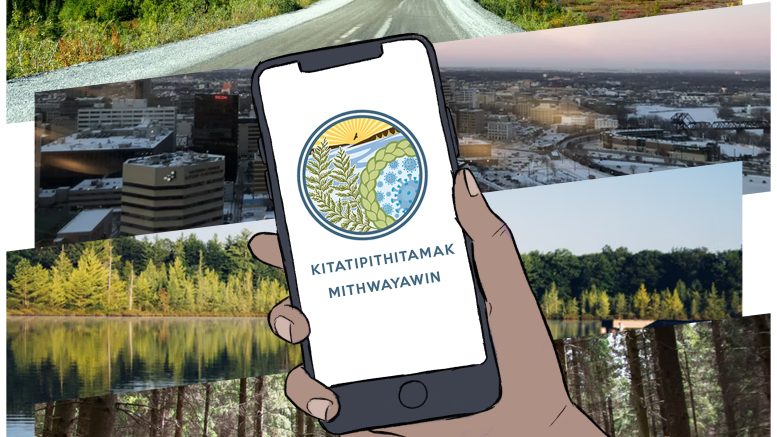Moneca Sinclaire, an interdisciplinary researcher at the University of Manitoba, has received the Mitacs Award for Outstanding Innovation —Indigenous for her involvement in a project that created a smartphone application empowering Indigenous communities to conduct research in health and social issues and retain ownership of the data.
Mitacs is a Canadian not-for-profit organization that provides funding for projects that connect academic researchers to industry partners. Sinclaire called the Mitacs award an honour and hoped it would promote more research with Indigenous communities.
The app, COVID-19 Indigenous, was first developed for use in Manitoba but has since spread to parts of other provinces as well. The app has also garnered international attention —Indigenous communities in Ecuador and Colombia have expressed interest in using collecting community data with the app.
In March 2020, Stephane McLachlan, professor in the department of environment and geography, and Myrle Ballard, Indigenous scholar and assistant professor in the department of chemistry, received $500,000 in COVID-19 Rapid Response Program funding from the Canadian Institutes of Health Research (CIHR) for a project titled “Kitatipithitamak mithwayawin: Indigenous-Led Planning and Responses to Coronavirus (COVID-19) and other Pandemics Then, Now, and Into the Future.” The COVID-19 Indigenous app is one of a number of initiatives undertaken with this grant funding.
According the CIHR, kitatipithitamak mithwayawin is a Cree term which means “we have ownership and sovereignty over health.”
Sinclaire joined the project in its second year as a post-doctoral researcher. Her role on the COVID-19 Indigenous app was to connect academic researchers with Indigenous communities and knowledge. Sinclaire worked directly with health directors and chiefs to explain the possibilities of the app.
“I guess I call myself a ‘cultural broker’ — bridging that gap between Indigenous worldviews and settler worldviews,” Sinclaire said.
The app was originally developed to help communities gain feedback about COVID-19. Now, researchers are hoping the platform will allow communities to get feedback on a number of issues. Indigenous sovereignty is at the heart of the research project.
“The dream is that communities will be able to develop their own their own data set and [collect] data that […] they would find useful,” Sinclaire said.
“For example, one of the communities wants to do research in the area of housing. And the first community we worked with wanted to do questions around language usage.”
To ensure First Nations communities retain sovereignty over their data, the project implements the First Nations Principles of OCAP. OCAP stands for ownership, control, access and possession. The principle of ownership recognizes the community owns their data in the same way an individual owns their personal information. Control affirms the right of communities to steer the research project from start to finish. Access ensures First Nations are able to manage and make decisions about how information is accessed, while possession refers to the specific protocols in place to determine who is in physical control of the data collected.
“It might [spur] other researchers to think about research with Indigenous people differently and begin to use the OCAP principles, because it’s something that’s been in place for quite some time, but not a lot of researchers know about the OCAP principles,” Sinclaire said.
Sinclaire is an interdisciplinary researcher who focuses on Indigenous knowledge. Her post-doctoral research was conducted in the department of environment and geography. Previously, she was involved in a research project with the college of nursing exploring Indigenous understandings of heart health.
Sinclaire also teaches in several disciplines as well, including the department of Native studies, the faculty of education and the faculty of human ecology. Sinclaire said she is interested in teaching Indigenous knowledge and connecting ideas across disciplines.
“Any grant that I take, it has to have a focus on Indigenous knowledge, otherwise I don’t engage in the grant,” Sinclaire said.



